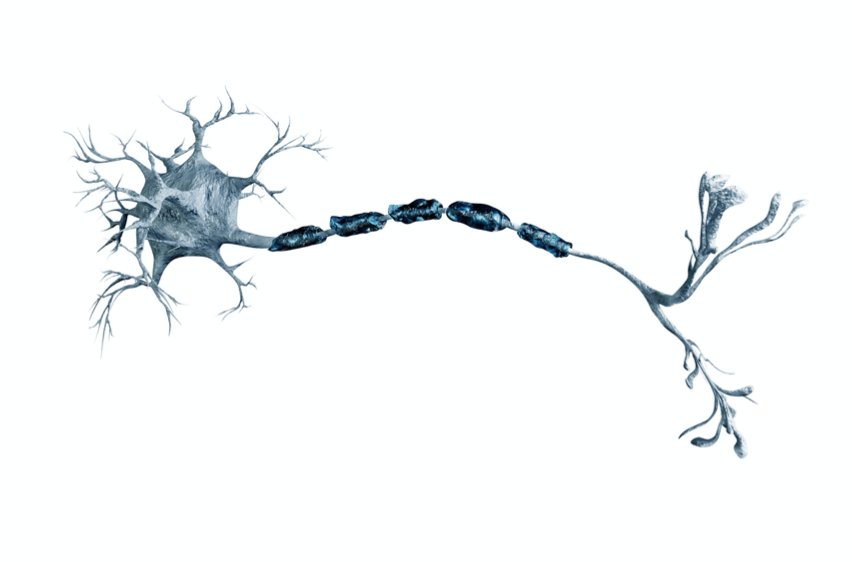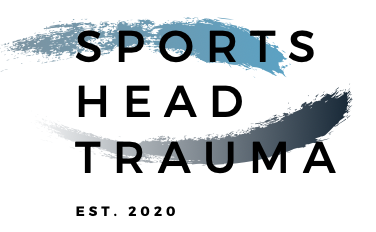A concussion is usually a mild traumatic brain injury (mTBI) that causes a temporary loss of normal brain function. Concussions are quite common in contact sports, and are a result of a blow to the head or body that causes the brain to move suddenly in the skull.
Did you know that you can get a concussion without being hit directly in the head?
Heading the ball in soccer is an example of a direct impact. A tackle in football, can indirectly cause the head to jolt.
How does a concussion affect my brain?
A neuron is a type of cell found in the brain and nervous system that relay electrical and chemical signals to other cells. Sudden direct and indirect impacts (shown above) can cause the neurons in your brain to stretch and break. When the neurons are damaged, they have a difficult time communicating with one another. This makes it harder for your brain to function as it expends more energy to heal your injury while trying to retain normal functionality.

mTBI and fatigue
In addition to the energy it takes to heal a mTBI, a concussion can temporarily weaken the brain. When the brain is working twice as hard to do its job, you may notice that you get tired faster. Fatigue is one of the symptoms of a concussion.
Usually with proper rest and time, the connections between your neurons can be rebuilt and strengthened, and symptoms will start to disappear. Because all mTBIs are different, so are the recovery times. If you have hit your head, it is important to get evaluated by a physician or a neurologist to identify the best course of action.
